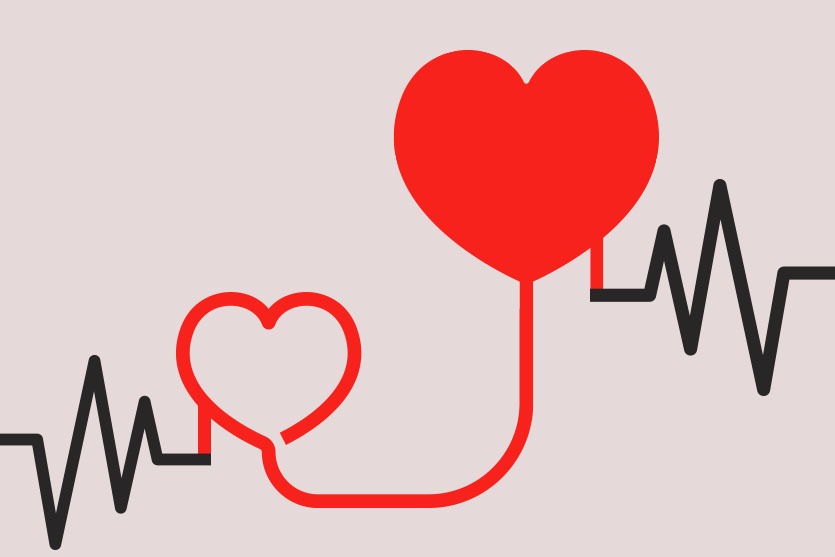
Blood Donation and Advanced Medicine: The Role of Blood in Treatment and Surgery
Introduction:
In modern medicine, blood stands as a fundamental and vital component for numerous medical treatments and procedures. Blood donation is a noble humanitarian act contributing to saving lives and supporting healthcare.
Despite substantial advancements in medicine and technology, the significance of blood and its crucial role in treating diseases and performing critical surgeries cannot be denied. Many medical treatments and procedures necessitate the availability of sufficient blood, whether for chronic disease management or emergency surgeries.
Obtaining pure and regularly donated blood is of utmost importance to ensure the continuity of medical care and necessary treatments. Regarding surgical procedures, blood becomes a crucial cornerstone in performing critical surgeries such as cardiac, vascular, and major emergency surgeries.
The continuous availability of blood compensates for sudden loss during these surgeries and ensures the stability of vital body functions. With the advancement of medical techniques and modern technology, blood storage and component separation have witnessed significant progress.
There is now greater capacity to preserve blood and use its components more efficiently, contributing to improving healthcare quality and reducing wastage. However, the human and societal aspects remain of utmost importance when discussing blood donation.
Through consistent donation, individuals can actively contribute to enhancing healthcare and supporting advanced medicine. Their donation constitutes a significant step toward building a sustainable blood supply, enhancing the ability to provide care to patients and emergencies.
In this context, the importance of education and encouraging communities to donate blood and understand its significant importance in supporting treatment and healthcare becomes crucial.
Blood Donation and its Vital Role in Treatment and Surgery
The links between blood donation and advanced medicine are multiple and crucial, where blood plays a crucial role in treatment and surgeries, and many modern medical techniques rely on the availability of blood to achieve successful treatment.
Let’s take a closer look at these connections:
1.The Vital Role of Blood in Treatment:
- Oxygen and Nutrient Transport: Blood carries oxygen from the lungs to tissues and organs, transporting essential nutrients to cells.
- Waste and Toxin Removal: Blood transports waste and toxins from tissues and organs to elimination sites within the body.
- Contribution to the Immune System: Blood contains white blood cells that aid in fighting infections and bolstering the immune system.
2.The Importance of Blood in Surgeries and Medical Procedures:
- Emergency Surgeries: In medical emergencies like car accidents or surgery-related accidents, blood becomes critical in saving lives and compensating for sudden blood loss.
- Cardiac and Vascular Surgeries: These surgeries require significant amounts of blood to ensure the success of the procedure and the stability of heart and vascular functions.
3.Advanced Medical Techniques and Blood Usage:
- Blood Component Treatments: Modern techniques enable the use of separated blood components, like plasma and platelets, in various treatments such as bleeding disorders or immune-related diseases.
- Effective Blood Storage: Storage and preservation techniques for blood have evolved, ensuring its sustainability and readiness for use in surgeries and treatments.
4.The Impact of Blood Donation on Medical Advancements:
- Sustainable Blood Supply: Regular donation contributes to building a sustainable blood supply, ensuring availability for emergencies and patients.
- Research and Development: Donated blood is utilized in medical research and clinical trials, aiding in developing new treatments and medical technologies.
In general, the direct and indirect impact of blood donation on medical advancements is evident. The availability of blood and contributions toward building a sustainable supply enhance healthcare quality and ensure the availability of blood during critical medical procedures.
Blood Donation and its Relationship with Medical Advancement:
Blood donation has multiple positive effects on medical advancement. By providing a sustainable and regular blood supply, doctors and surgeons can perform critical surgeries safely and effectively. This sustainable availability of blood ensures the success of medical procedures and reduces the risks of blood shortages during major surgeries.
The Crucial Role of Blood in Treatment and Surgery:
Regarding treatments and surgeries, blood plays an indispensable role. It carries oxygen and nutrients to cells while eliminating waste and toxins, making it essential for successful treatment and rapid patient recovery.
Comprehensive Benefits of Blood Donation:
The benefits of blood donation extend beyond direct medical aspects, as it contributes to enhancing health and humanitarian awareness within communities. Encouraging people to donate builds bridges of social solidarity and contribution, fostering community spirit and contributing to building a more aware and healthier society.
Challenges and Ways to Overcome Them:
Despite the importance of blood donation, there are challenges such as occasional donor shortages and a lack of awareness about the importance of donation. Hence, it’s crucial to enhance awareness campaigns and encourage community involvement, fostering a sustainable culture of blood donation.
Conclusion:
Ultimately, blood donation stands as a fundamental pillar in healthcare and medicine, ensuring the availability of blood for emergencies and critical surgeries. Encouraging and supporting this humanitarian work reflects solidarity and human spirit, contributing to building a healthy and interconnected community. Therefore, let’s work together to promote a culture of blood donation and raise awareness of its vital significance. It’s not just a drop of blood; it’s an opportunity to save someone’s life.









Hailee4890
April 23, 2025Very good https://shorturl.at/2breu
Kathryn4901
April 26, 2025Good https://lc.cx/xjXBQT
Bernice1777
April 26, 2025Awesome https://lc.cx/xjXBQT
Christopher1856
April 27, 2025Good https://urlr.me/zH3wE5
Chase464
April 28, 2025Good https://rb.gy/4gq2o4
Derek2452
April 30, 2025Good https://is.gd/N1ikS2
Kaylee4690
April 30, 2025Awesome https://is.gd/N1ikS2
Callie4124
April 30, 2025Awesome https://is.gd/N1ikS2
Julius322
April 30, 2025Very good https://is.gd/N1ikS2
Clark860
April 30, 2025Awesome https://is.gd/N1ikS2
Cale1061
May 1, 2025Very good https://is.gd/N1ikS2